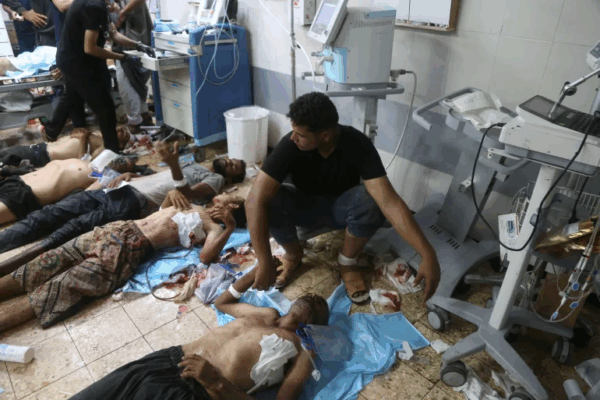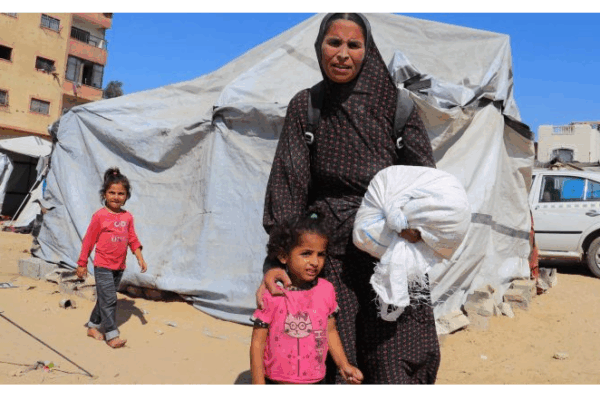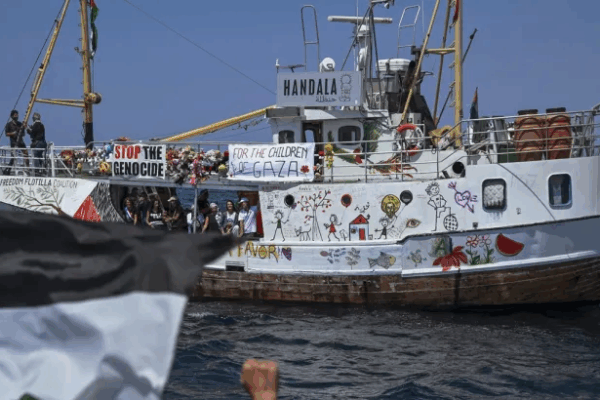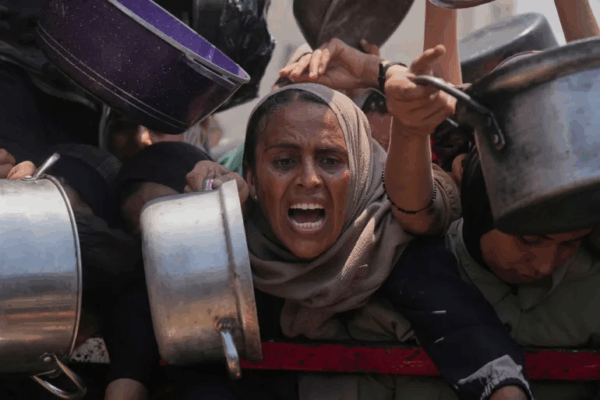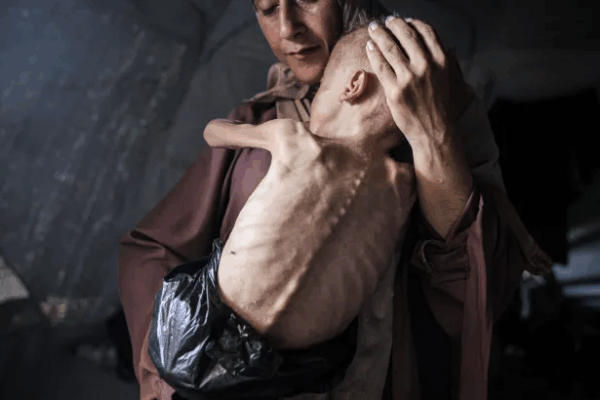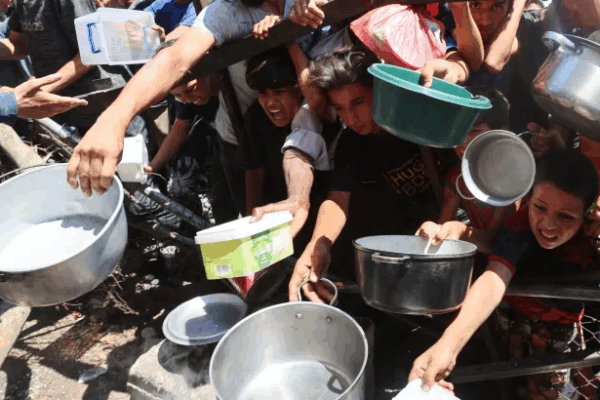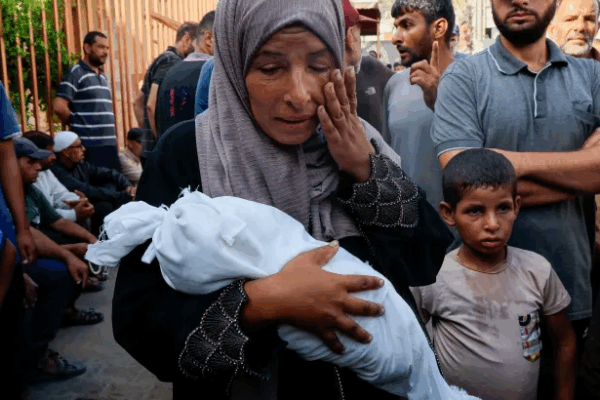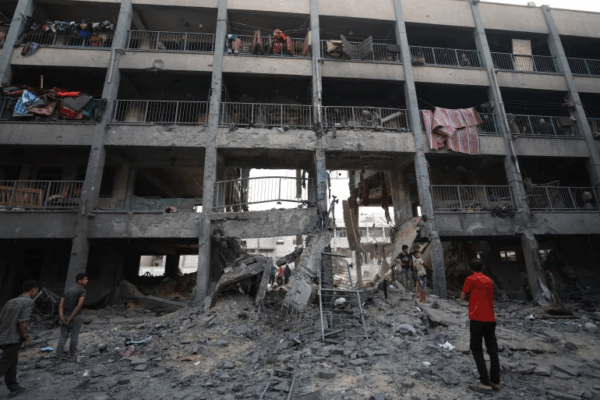Hundreds of Palestinian students in Gaza are sitting their end-of-secondary-school exams for the first time since the war began in October 2023. Despite ongoing Israeli attacks and widespread devastation, about 1,500 students are taking the crucial exams organised by Gaza’s Ministry of Education, aiming to secure a chance for university admission. The exams, conducted electronically, are part of an online initiative launched by the ministry to ensure education continues amidst the destruction of nearly all educational infrastructure in Gaza. Some students are taking the exams from home, while others are at designated centers, depending on safety conditions in their areas. Al Jazeera’s Tareq Abu Azzoum, reporting from Deir el-Balah, highlighted that for many students, these exams represent a gateway to higher education and future opportunities. “Even in a warzone, with no classrooms, no books, and barely any internet, Gaza’s students are showing up, logging in, and sitting their final exam, refusing to let war erase their future,” he said. Due to the war, many students who should have already started university have had their education delayed. The new online exam platform, the first of its kind in Gaza, was created to allow students to complete their studies despite the ongoing conflict. However, challenges such as weak internet connections, lack of devices, and unsafe conditions remain major obstacles. Morad al-Agha, exams director for the Central Gaza Governorate, confirmed that technical preparations have been made to ensure smooth administration of the exams. Students have already participated in mock tests to familiarize themselves with the system. One student, Doha Khatab, shared the struggles of digital exams: “The internet is weak, many of us do not have devices, and there is no safe space to take the test. We also lost our books in the bombardment.” To support students, some teachers have reopened damaged classrooms to offer in-person guidance. Enam Abu Slisa, a teacher, explained, “It is the first time the ministry has done this online and students are confused, so we’re trying to guide them step by step.” According to the United Nations, 95 percent of Gaza’s educational infrastructure has been destroyed, leaving more than 660,000 children out of school. Many former school buildings are now shelters for displaced families and are still vulnerable to Israeli airstrikes. A recent report presented to the UN Human Rights Council accuses Israeli forces of systematically targeting education infrastructure in Gaza, actions described as potential war crimes.
